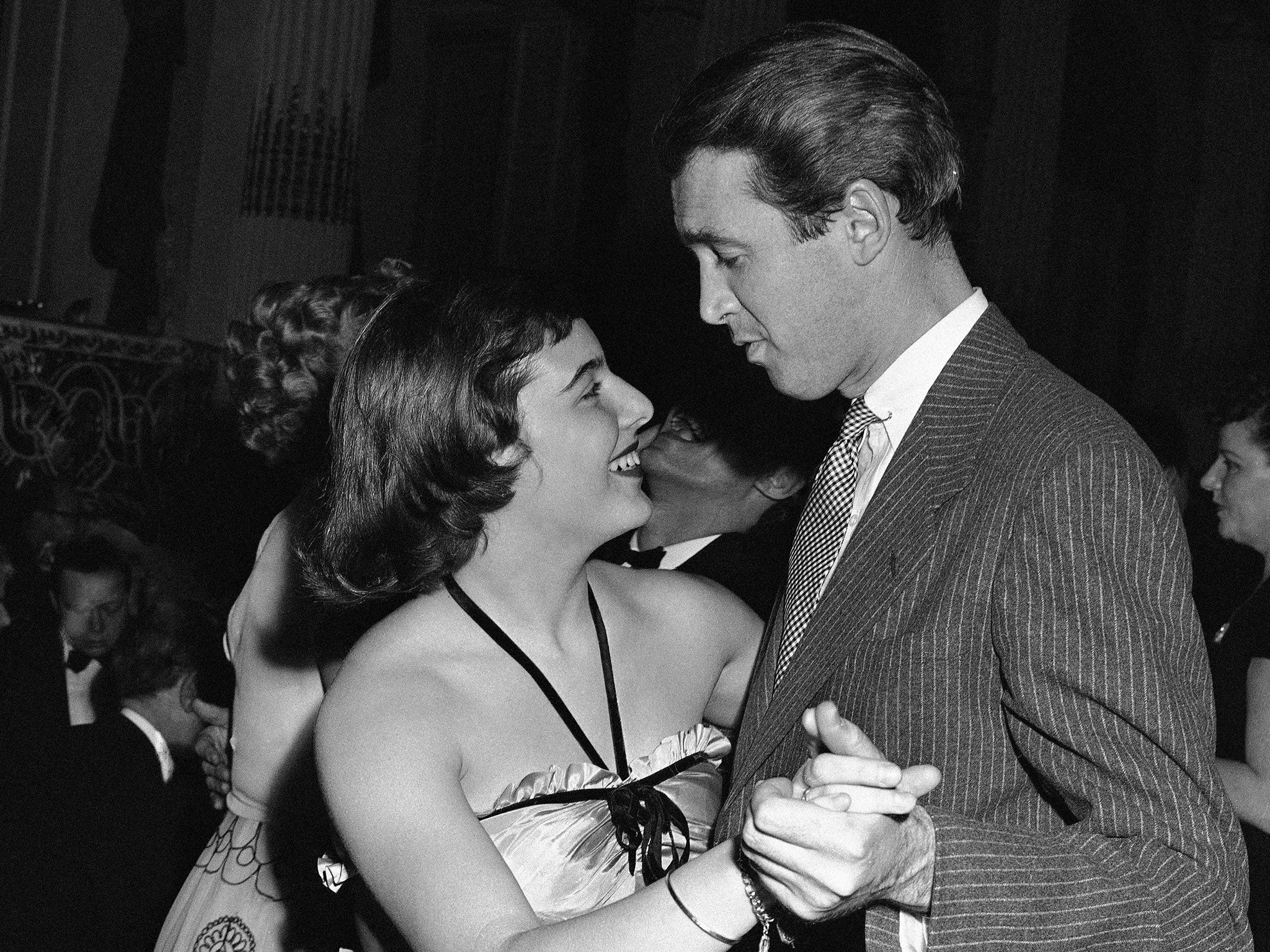Mary Rodgers: Richard Rodgers’ daughter who had her own success writing musicals as well as novels for young readers

Mary Rodgers was the daughter of the celebrated composer Richard Rodgers, who in partnership with lyricists Lorenz Hart and Oscar Hammerstein II produced many of the most enduring musicals in the history of American theatre.
She achieved her own artistic success with works including the musical Once Upon a Mattress and the novel Freaky Friday.
She grew up listening to her father coax tunes from the piano and observing the celebrity, if not contentment, that came to him as a creator of musicals such as Carousel, South Pacific, The King and I and The Sound of Music. She displayed artistic promise and pursued music as a vocation. She was best known for writing the music for Once Upon a Mattress, which was inspired by Hans Christian Andersen’s fairy tale about the princess and the pea. “She has a style of her own, an inventive mind and a fund of cheerful melodies,” the drama critic Brooks Atkinson wrote in The New York Times.
With lyrics by Marshall Barer, the musical opened in 1959 with a young Carol Burnett as Princess Winnifred. The show was nominated for a 1960 Tony for best musical but lost to The Sound of Music, which shared the title with Fiorello! Her other musicals from the 1960s, including Hot Spot, a satire about a Peace Corps volunteer, and The Mad Show, a revue inspired by Mad magazine, did not enjoy the same popularity, and she shifted her attention to writing books for young readers.
The most famous was Freaky Friday (1972), the story of Annabel Andrews, a teenager who, after quarrelling with her mother, wakes up to discover that they have switched bodies. High jinks and, eventually, a degree of understanding ensue. Rodgers wrote the screenplay for the 1976 film version, starring Barbara Harris and Jodie Foster as mother and daughter. Shelley Long and Gaby Hoffmann appeared in a 1995 TV version and a 2003 remake featured Jamie Lee Curtis and Lindsay Lohan.
Rodgers wrote several sequels, including A Billion for Boris (1974), in which Annabel and a friend stumble upon a television set that broadcasts news from the future, and Summer Switch (1982), in which her brother and father switch bodies in Freaky Friday fashion.
Years later, after Rodgers revealed the unhappy elements of her childhood, her zany novels seemed a sort of commentary on the chasms that can exist between parents and children. In adulthood, she and her sister, Linda, described their father’s struggles, which included alcoholism and depression. Mary recalled her surprise at seeing a home video of herself with her father when she was a baby.
“There’s a really handsome, loving, funny guy lying in a pair of swimming trunks on the grass playing with this baby, with a kind of good-natured, silly joy ... And I looked at it and thought, God, where did that man go and why did I never see him? That charming-looking handsome kid turned into a wizened, sad, deer-in-the-headlights person.”
Mary Rodgers, writer: born 11 January 1931; married (two sons); died 26 June 2014.
© The Washington Post
Subscribe to Independent Premium to bookmark this article
Want to bookmark your favourite articles and stories to read or reference later? Start your Independent Premium subscription today.

Join our commenting forum
Join thought-provoking conversations, follow other Independent readers and see their replies